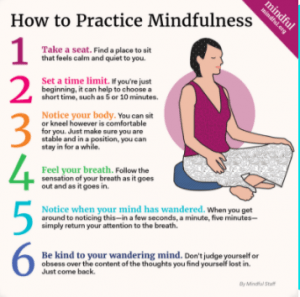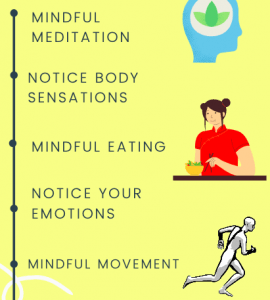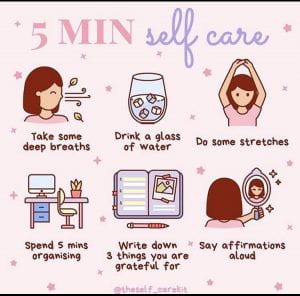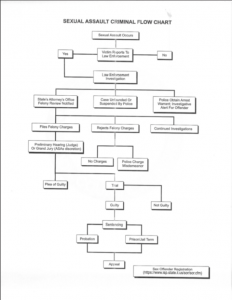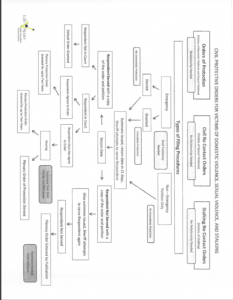Hello DePaul Family,
Today, we held our last Wellness Wednesday session via Zoom. Wellness Wednesday was started in a response to a primarily virtual campus due to Covid-19. Never could we have guessed that on top of having to adjust to online classes and exams, our students would also be faced with increased levels of stress, fear, and increased social unrest due to the nationwide outrage against Minneapolis PD in their killing of George Floyd along with the countless numbers of Black lives that have been lost to police brutality. DePaul has announced a plan to formulate some sort of university standard for faculty regarding final exams, but as of right now students should plan to take their exams as originally scheduled.
Today’s Wellness Wednesday revolved around how to succeed in the already stressful finals period with the increased difficulties of an online format and the distress resulting from the current environment. The main points that HPW wants to hit on are reducing stress from finals, tips and tricks to succeeding in the online format, and ways to practice mindfulness to manage stress of both our academics and our mental health. The link for the recorded session can be found at
https://depaul.hosted.panopto.com/Panopto/Pages/Viewer.aspx?id=4d08a046-fff7-4bd2-8e99-abcf01317be3
Tips for coping with finals:
- Schedule a time to focus on studying! By designating a specific time, you can push yourself to study for that allotted time without making excuses to not study.
- Make sure you’re eating and sleeping enough.
- Don’t forget to figure in personal time. It is important to maintain a balance between school work and taking care of yourself so that your brain can rest!
https://psychcentral.com/blog/7-tips-for-coping-with-finals/
Taking online exams:
- Prepare ahead of time! Make sure you understand the test format and procedure.
- Check your computer! Make sure you have the write tech to run the exam – we cannot assume that professors will accept technological issues as an excuse and be understanding, unfortunately.
- Try to carve out a quiet place where you can focus to take the exam – it can be difficult, especially if you are home with your family but do your best to let others know that you need to focus.
- Keep an eye on the clock during the exam. Because it is a different format than you are probably used to, you may move through the exam at a different pace.
- Make sure you don’t leave the test page! Opening a new tab or even refreshing the page may interfere with your exam.
Practicing mindfulness:
There are many ways to incorporate mindfulness in your daily life, and it is an especially useful practice during a time such as now due to the benefits of decreasing stress and improving mental focus (both useful during finals week). Try to practice your mindful breathing – focusing on inhaling and exhaling for a certain period of time. You can also practice a walking meditation, and focus on your steps as you move around.
As always, the Office of Health Promotion and Wellness is available for 1:1 support if you need resources, or just want someone to talk to. University Counseling Services and the Center for Students with Disabilities are also available to support students and the Dean of Students Office will be available to approve accommodations related to attendance or course work negatively impacted by current events. Please take care of yourself as we move through these uncertain times.
